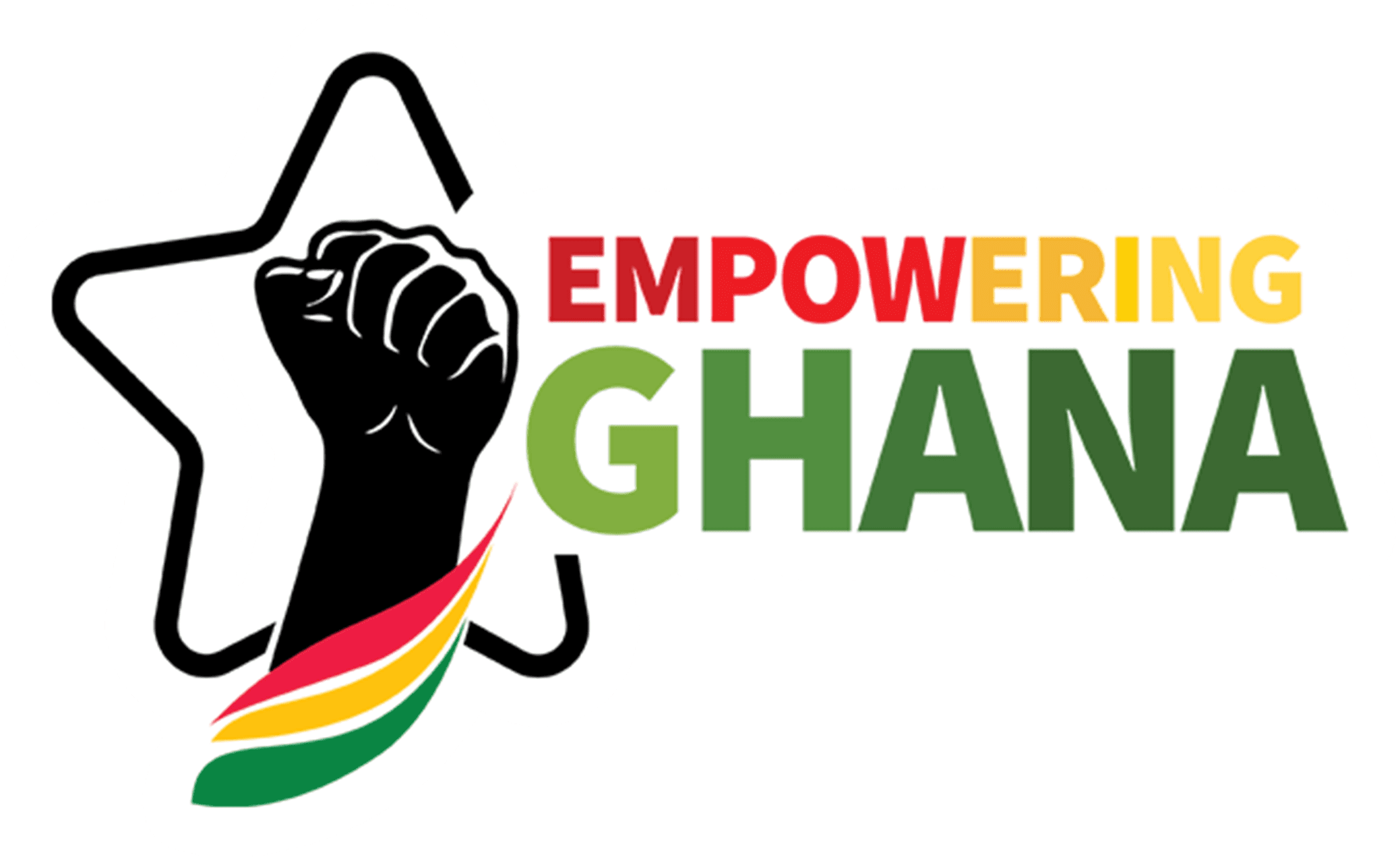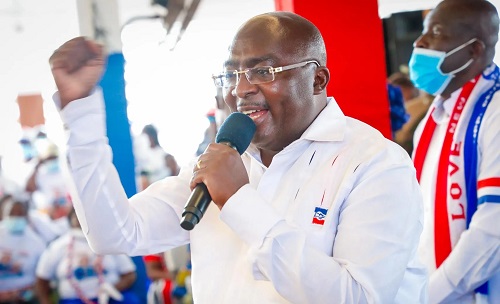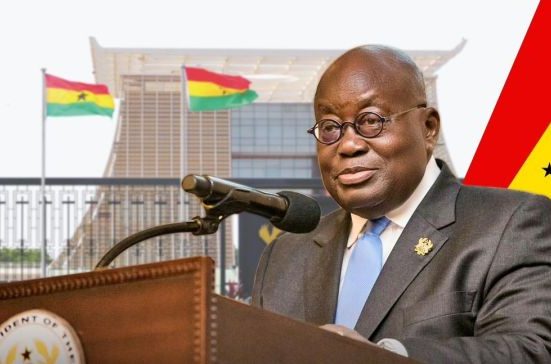The Director of Communications for the ruling New Patriotic Party (NPP), Richard Ahiagbah, has attributed a 35.1 percent rise in student enrollment in the Volta Region to the Free Senior High School (FSHS) initiative, which he characterized as crucial for the Region’s progress.
During a press conference titled “Abuse Of The Electoral Loyalty Of The Volta Region” held on October 30, 2024, at the NPP Regional Headquarters in Ho, Ahiagbah emphasized that the Free SHS policy has alleviated financial pressures on families and has particularly empowered female students to pursue their education.
The Free SHS policy has been transformative for the Volta Region, lifting financial constraints that previously prevented many families from sending their children to school, especially girls.
Today, we have achieved gender parity at the SHS level, thanks to this policy ensures that girls have equal access to secondary education.
The policy’s influence on gender parity, as stated by him, marks a considerable advancement for the Region and emphasizes the NPP’s dedication to ensuring equitable access to education.
Mr. Ahiagbah pointed out that the 35.1 percent rise in enrollment serves as a compelling indicator of the Volta Region’s capacity to prosper both educationally and economically, provided it receives appropriate support.
Increasing enrollment figures is about more than just numbers; it’s about investing in the future of this Region…An educated population is the foundation of development, and by removing financial barriers, we are building a more skilled and empowered workforce for the future.
In response to allegations made by the opposition National Democratic Congress (NDC), Ahiagbah countered what he referred to as “misleading propaganda” regarding the double-track system that was introduced to manage the surge of students enrolling in secondary education.
Critics, including members of the NDC, contended that the staggered scheduling of the system led to a rise in early pregnancies among female students.
Ahiagbah rejected these assertions as unfounded, highlighting that such claims failed to recognize the significant positive effects of the Free SHS policy on the educational prospects of female students.
It’s shameless propaganda from the NDC to suggest that the double-track system led to pregnancies among young women. This line of attack ignores the reality: the FSHS policy has given thousands of female students the chance to pursue their education rather than being left behind.
If not for the FSHS, how many female students would still be excluded from the classroom, particularly here in the Volta Region?
What we must be concerned about in the Volta Region is the education of our children to compete at the highest levels because of the elimination of the cost barrier, which has forced many in the past to drop out of school.
In his opinion, the NPP is the sole party capable of safeguarding and enhancing this policy, as the NDC regards it as a “419 scam.”
Former President John Mahama said that if he had GHS 2 billion to invest, he would not invest in FSHS. If H.E. Mahama becomes president, he will not invest in FSHS. Mahama will kill FSHS, plain and simple.
My accomplished educationist brother, Christopher Ahiagbah told me how he got through school. Because he was not given pocket money for school, he and his brothers would hunt rats to trade for their upkeep. Today, thanks to the FSHS policy, no child in the Volta Region has to suffer that fate. Apart from Eworkple and Aborbitadi, education is the next favorite thing for our people. Let’s vote on 7 December to protect the FSHS.
The individual indicated that in response to the rising number of students benefiting from the policy in the Volta Region, the government has launched 134 classroom projects, of which 92 have been completed and are currently operational, while the remaining 42 are approaching completion.
Additionally, he noted that the government has made significant investments to enhance rural connectivity in the Volta Region.
A total of 54 rural telephony projects were initiated, of which 52 have been completed and are operational, enhancing the quality of life in these communities. These communities existed when the NDC was in power between 2008 and 2016 but failed to meet the people’s fundamental needs.









